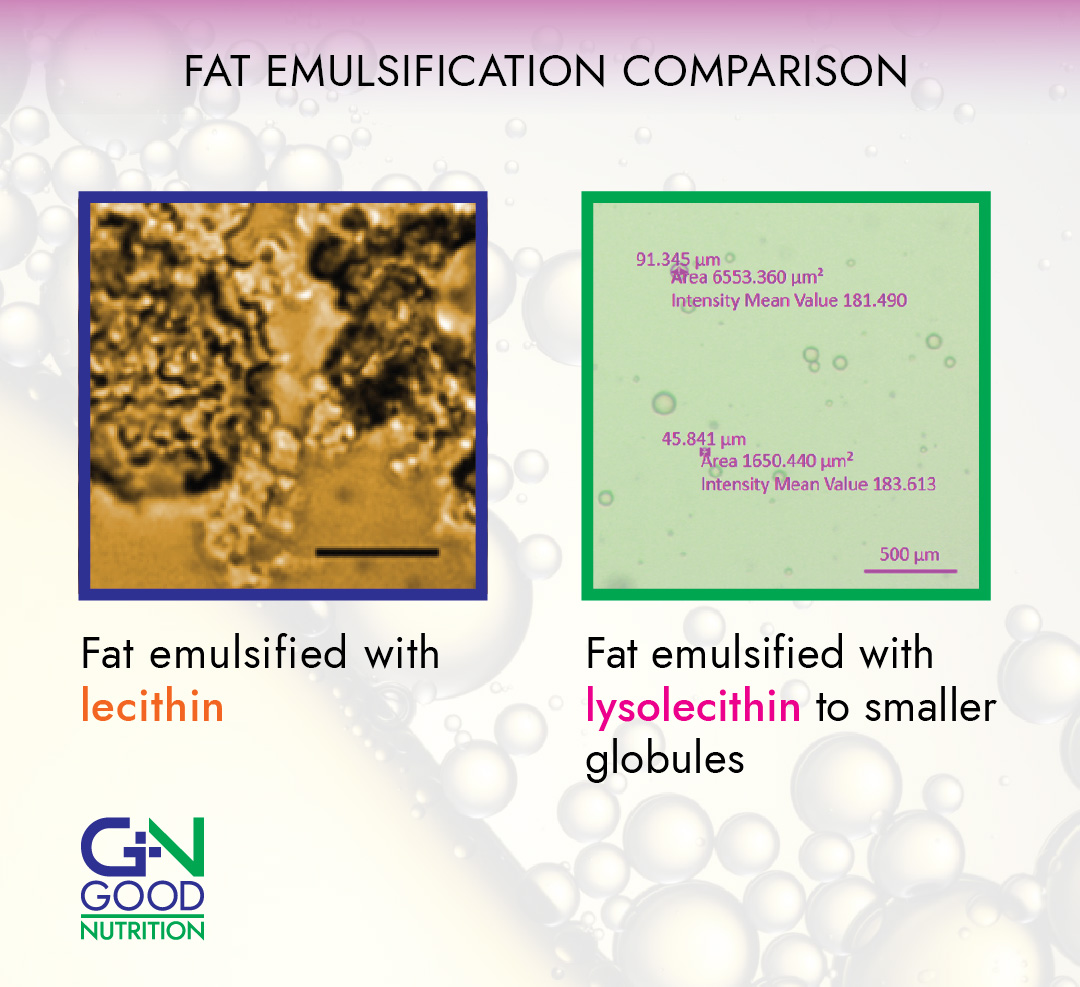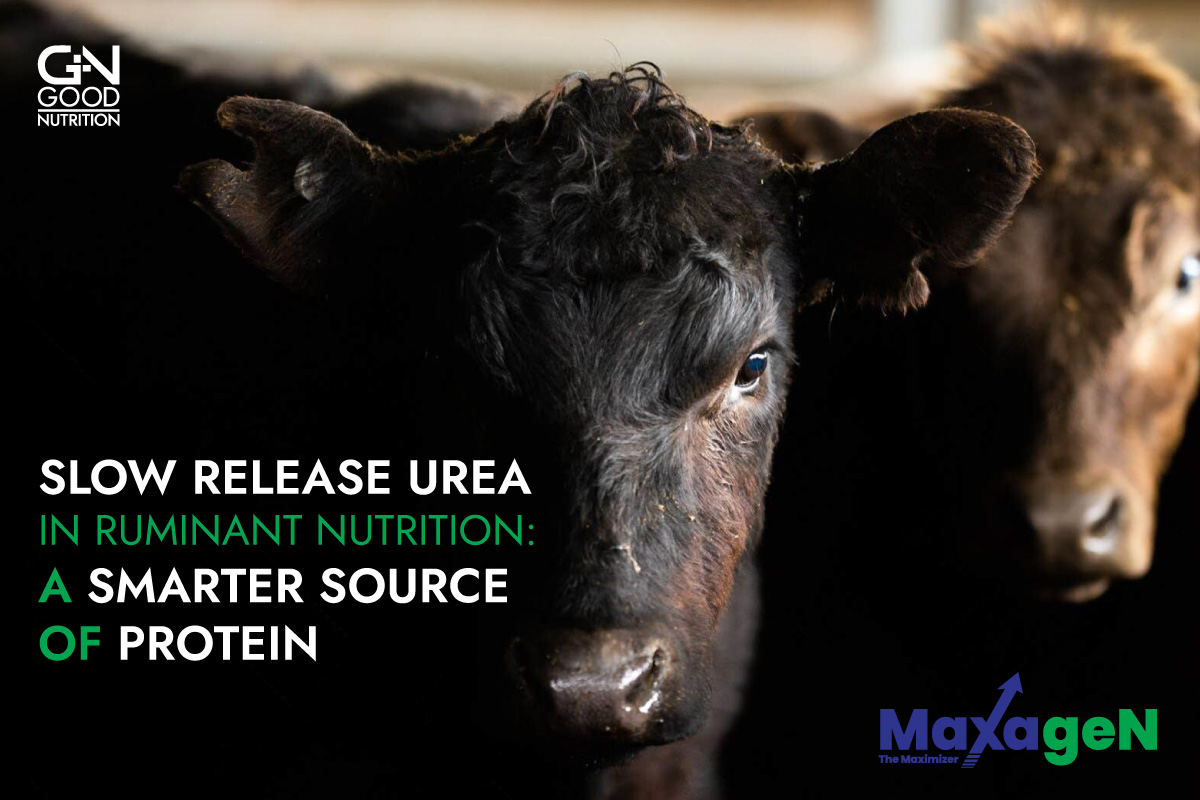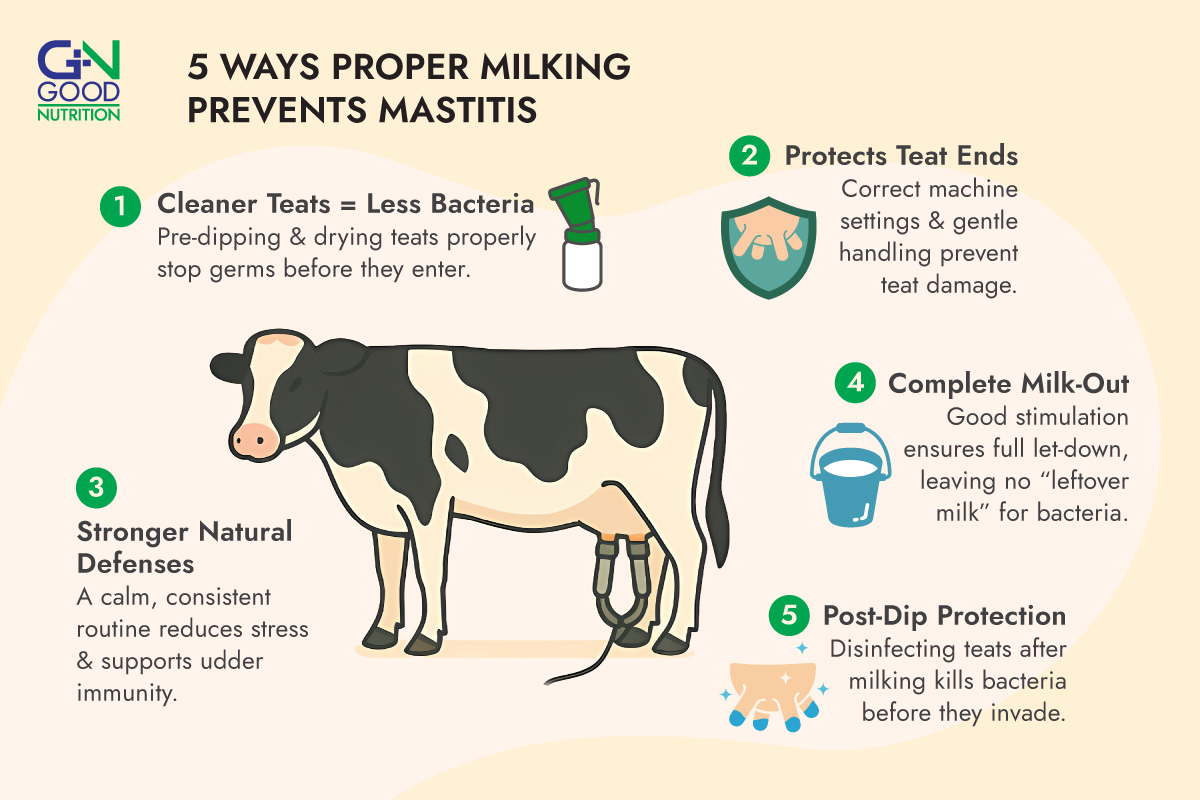Previously, we’ve seen how lysolecithin is produced – through the process of hydrolysis of lecithin. This is a vital step as lysolecithin becomes a more effective emulsifier compared to lecithin for lipids, oils and fats for better absorption in the animal gut.
Why does lysolecithin emulsify fats better?
Lysolecithin is able to make the fat mix with water in the intestines into smaller globules compared to lecithin. The smaller globules present more surface area for enzymes like lipase to digest the fat.





